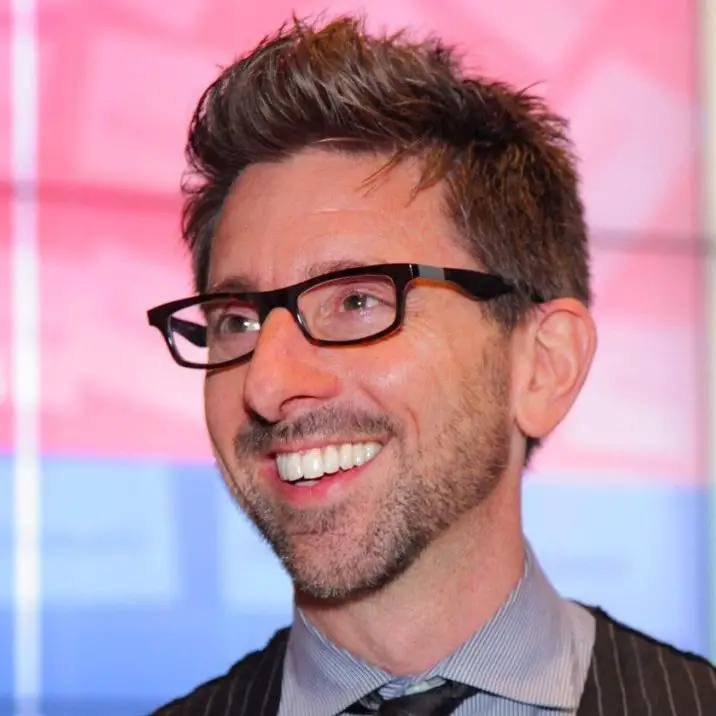What’s Wrong with Millennials?
Older generations have always questioned and feared for younger ones. Have things really changed?
By Danielle Wilkinson, Purdue University
Last week, the “New York Times” published an article called “Today’s Students May Be Emotionally Unprepared.”
The main idea behind the article, written by Director of the Yale Center for Emotional Intelligence Marc Brackett, is that college students today are in “psychological trouble.” Brackett cites studies that indicate that millennials are facing more stress and depression than their parents, and that those psychological burdens have led to an alarming increase of turbulent emotional behavior such as suicide.

I’ll give Brackett’s article the benefit of the doubt—college students are constantly stressed out. For many, the entire point of college is laying the foundation necessary to later enjoy a successful career, a decent house, a spouse, children and maybe even a golden retriever, if we’re being real here. Unfortunately, college students today do face a unique set of challenges that older generations never encountered.
Modern students are plied by more distractions than ever before, constantly fighting to devote their attention to schoolwork instead of succumbing to the siren songs of Netflix, YouTube and Tumblr. Time wasters such as these make students believe they don’t need to study for very long, or that studying while simultaneously engaging in one of these activities will suffice. It’s one of the many lies students nowadays tell themselves, and they’re rewarded for their self-deception in the form of heightened stress later. Internet distractions are a problem unique to this generation, making them an aspect of everyday life that preceding generations didn’t have to worry about.
Students today also experience the vicissitudes of sharing and comparing online, which can lead to depression. The internet—social media in particular—has made the success of others more prevalent in millennials’ lives. Through social media, people witness their friends’ relationship updates, party invites, exciting career advances, incredible vacations and more pregnancy updates than ever requested. It’s so much all the time.
Although most people are happy for their friends and family, living in a world where users constantly share all their successes and none of their failures can make many students feel behind in comparison. I can understand how this can cause inner turmoil, leading to millennials feeling more stress to succeed than their predecessors.
One of the biggest problems I have with Brackett’s article is that he believes an increase in suicides, binge drinking, obesity, drug use and violence among teens and young adults is direct proof that millennials are doomed.
In reality, these variables might be the effects of different causes. An increase in fast food restaurants might be the reason obesity is rising instead of depression. Binge drinking has always been a beloved pastime of college students and probably started increasing the very minute the drinking age was raised. Generation X, the age range most millennials’ parents fit into, had the luxury of buying alcohol at 18. Drug use habits could be more correlated with state laws and violence could be more related to gun laws.
The increase in suicides could be because suicides and attempted suicides are more publicized now than they were in the past, making it appear as if the numbers were increasing. I know from growing up in the 21st century that methods of communication improve daily, which leads to an increased documentation of peoples’ lives. If a teen suicide happened in the backwoods of Alabama in the 1960s, it would have received significantly less attention than then it would today. More families have TV sets, satellite radio, smartphones and social media connections than ever before. With so many new tech innovations, people can keep up with the latest news minute by minute. Plus, there’s a possibility depression could have been widely misdiagnosed in the past. Family and friends might have misread the symptoms as something more minor. The points Brackett makes are too broad to validate the claim that millennials are emotionally unstable. Brackett goes on to say that today’s students “will not be fully prepared to compete in an increasingly global business environment.”
That may be true, even if I don’t believe it. Regardless—it’s nearly irrelevant, because many students simply create their own work environments.
Millennials can now work in situations that fit their lifestyle.
They can be bloggers, vloggers, YouTubers, gamers and podcasters. People are becoming “Instagram famous” by simply partnering with brands and owning a decent camera. It’s insane how successful you can become nowadays without even leaving your room, and I feel like that helps combat a lot of the stress. College students are now, more than ever, taking unconventional routes to achieve their dreams. Teenagers are dropping out of school because they’re earning more money on the internet than their post-grad counterparts. Although many of these unconventional routes are temporary, they open the door to more stable opportunities in the future and teach young adults responsibility while giving them valuable work experience.
Brackett also brings up the idea of “emotional intelligence” in his article, submitting that millennials lack emotive self-discipline. “Emotions drive learning, decision making, creativity, relationships and health,” says Brackett. “Mastering the skills of emotional intelligence paves the way for greater well-being, better relationships and overall effectiveness.”
I think everyone could benefit from being more in tune with their emotions, so sure, that’s a possibility, but not one exclusive to millenials. Still, even if students today do suffer from emotional immaturity, there are more medicines and therapies available to help than ever before. In addition to medicine, there are natural techniques for coping with stress such as journaling, exercise, meditation, aromatherapy and pet therapy. Light therapy has even grown in popularity. I read an article by a college student who started attending hot yoga classes that completely altered the way she viewed herself and dealt with her depression. There are even apps now to help people identify and deal with their emotions. So even if this generation is less emotionally competent, there are plenty of resources available now to help counteract that.
What I’m really trying to say is millennials are far from becoming a lost generation. I understand how it can seem that way, but research indicating that young adults are more stressed doesn’t mean they’re less functional. Generation to generation, stress levels have always risen and the next generation has always risen to meet them; that’s how it’s always been. Heck, I’m certain that middle schoolers these days are doomed and they’re in my generation.
How good or bad students today are doing is all about perception. In my opinion, the biggest mistake Brackett made in his article was that he failed to mention any of the good. Millennials are winning gold medals, creating startups, researching with NASA and saving lives. If all of those accomplishments came from being emotionally unprepared, psychologically troubled youth, I’m looking forward to seeing how much greater an impact students can have on the world once they grow up.

















